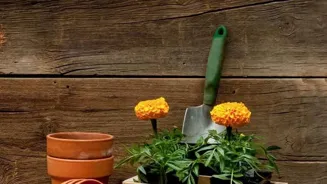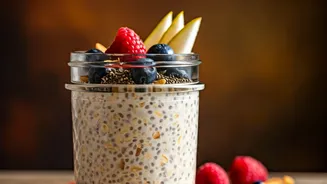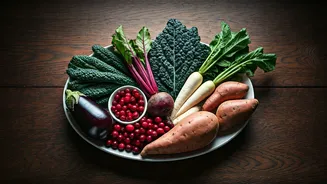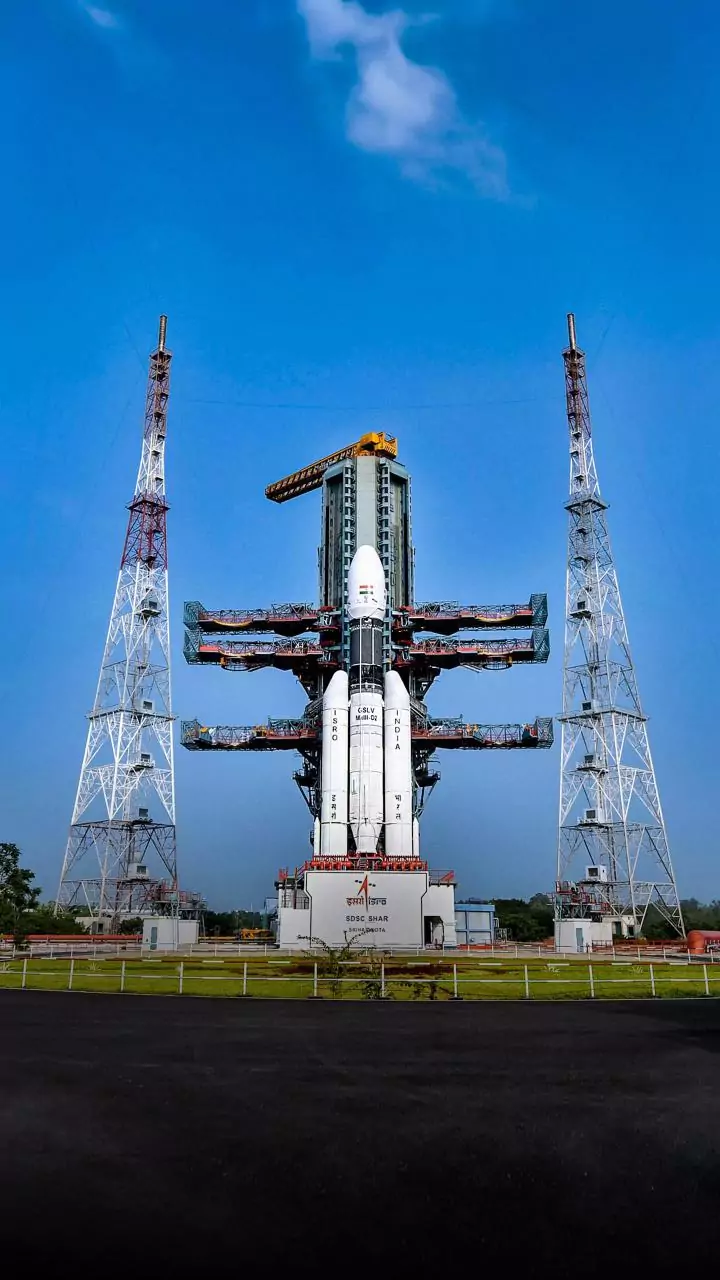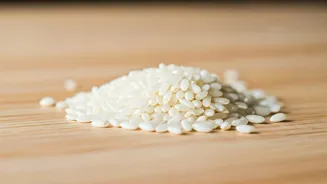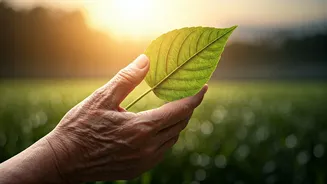Discover 7 tips for a sustainable garden in India. Embrace native plants, conserve water, compost, and more! Read on!
Gardening is not just a hobby; it's a way of life. It's about connecting with nature,
growing your own food, and creating a beautiful space that you can enjoy. But maintaining a garden can be a challenge, especially if you're trying to do it sustainably.
Here are seven essential tips that will help you create and maintain a beautiful and sustainable garden, right here in India! Get ready to get your hands dirty!
Choosing native plants benefits your garden and ecosystem
Choosing native plants is like giving your garden a head start. These plants are already well-suited to the Indian climate and soil conditions. This means they require less water, fertilizer, and pesticides compared to exotic species.
Think about it: less work for you and a happier, healthier garden! They also attract local pollinators like butterflies and bees, which are crucial for a thriving ecosystem. Ask your local nursery about indigenous varieties, like marigolds, hibiscus, or tulsi.
These plants also supports a diverse range of your ecosystem. Native plants are like old friends, they understand and appreciate local conditions.
Save water for strong plants in your garden
Water is precious, especially in many parts of India. Saving water is key for a sustainable garden. The key is to water deeply and less frequently, this ensures that roots grow deeply in the soil which result in the strengthening of the plants.
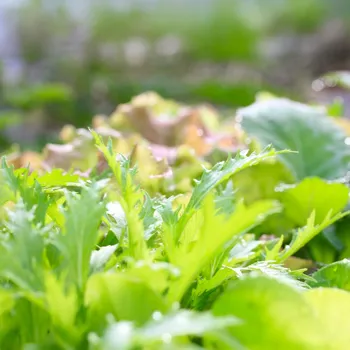
Try to avoid daily, shallow watering which weakens roots. One good practice is using a soaker hose or drip irrigation system. These methods deliver water directly to the roots, minimizing water waste through evaporation. Collect rainwater! It's free, natural, and perfect for your plants.
Composting turns waste into rich soil for gardening
Composting is like magic! It's the process of recycling kitchen and yard waste into nutrient-rich soil amendment. Start a compost bin and add vegetable scraps, fruit peels, coffee grounds, and dried leaves. Avoid adding meat, dairy, or oily foods.
Turn the compost regularly; this will help aerate it which will speed up the decomposition process. After a few months, you'll have a dark, crumbly compost that you can use to enrich your soil. This reduces the need for chemical fertilizers and improves the soil's water-holding capacity.
Composting is a win-win situation.
Chemical pesticides harm environment, use natural methods for pest control
Chemical pesticides can harm beneficial insects, pollute the environment, and even pose risks to your health. There are many natural ways to control pests in your garden. Introduce beneficial insects like ladybugs and lacewings, they eat pests like aphids. Companion planting also works wonders!
Plant marigolds near tomatoes to repel nematodes or basil near cabbage to deter cabbage moths. Neem oil is an effective natural insecticide that can be used to control a wide range of pests. Regularly inspect your plants for signs of pests and address problems early.
Mulch benefits plants by retaining moisture and adding nutrients
Mulch is a layer of organic material that you spread on the soil surface around your plants. It helps to retain moisture, suppress weeds, regulate soil temperature, and add nutrients to the soil as it decomposes. Use organic mulches like straw, shredded leaves, wood chips, or compost.
Apply a layer of mulch a few inches thick around your plants, make sure to keep mulch away from plant stems to prevent rot. Mulching is like giving your garden a protective blanket.
Growing your own food is rewarding and sustainable
There's nothing quite like the taste of fresh, homegrown vegetables and herbs. Growing your own food is not only sustainable but also incredibly rewarding. Even if you have a small space, you can grow herbs in pots or vegetables in raised beds.
Choose vegetables and herbs that are well-suited to your local climate and soil conditions. Start with easy-to-grow crops like tomatoes, peppers, spinach, and basil. Gardening allows you to enjoy the fruits (and vegetables) of your labor.
Embrace Permaculture Principles: Working with Nature, Not Against It.
Permaculture is way of designing sustainable human settlements by mimicking natural ecosystems. It focuses on creating a closed-loop system; this means that resources are reused and recycled within the garden.
Plant different plants together that benefit each other, like nitrogen-fixing plants near heavy feeders. Use natural fertilizers and pest control methods. Observe your garden carefully and learn from its natural processes.
Permaculture is about working in harmony with nature to create a resilient and sustainable garden.
Gardening journey: face challenges, reap beautiful rewards with 7 tips
Gardening is a journey, not a destination. There will be challenges along the way, but the rewards of a beautiful and sustainable garden are well worth the effort. By following these seven essential tips, you can create a thriving garden that you can enjoy for many years to come. Happy gardening!
AI Generated Content. Glance/InMobi shall have no liability for the content